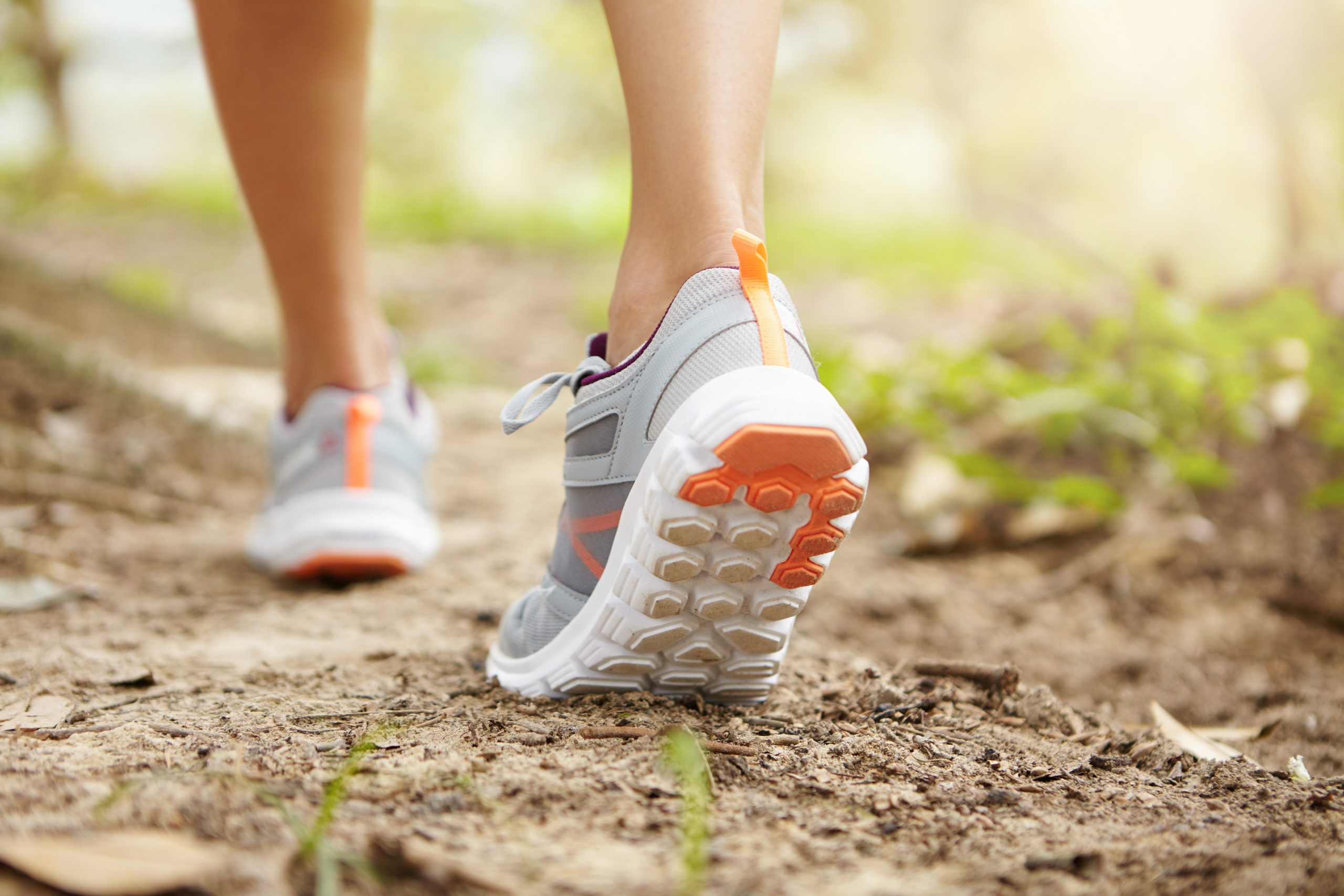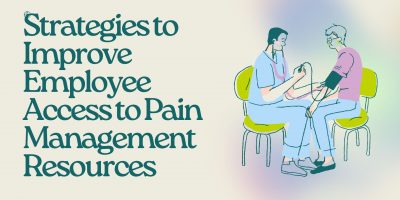
What are the Steps to Making a Wellness Program?
Companies thrive when their teams are happy, healthy, and engaged—but what are the steps to making a wellness program that supports these outcomes?

In the modern era, people rely on different modes of transportation more than ever. However, the simple truth is that walking has a long list of health benefits. Here’s a rundown of some facts on walking.


Walking is an inexpensive and the simplest form of exercise, and it has undoubtedly significant health benefits.
Browse our curated list of vendors to find the best solution for your needs.
Subscribe to our newsletter for the latest trends, expert tips, and workplace insights!

Companies thrive when their teams are happy, healthy, and engaged—but what are the steps to making a wellness program that supports these outcomes?

Explore strategies employers can use to enhance employee access to pain management resources and improve productivity and well-being.

Despite widespread adoption and recognized benefits, why does skepticism still cloud the effectiveness of employee wellness programs?

From benefits types to designing personalized packages, discover how a strategic approach to benefits can favor both the personnel and the employers.
Used by most of the top employee benefits consultants in the US, Shortlister is where you can find, research and select HR and benefits vendors for your clients.
Shortlister helps you reach your ideal prospects. Claim your free account to control your message and receive employer, consultant and health plan leads.